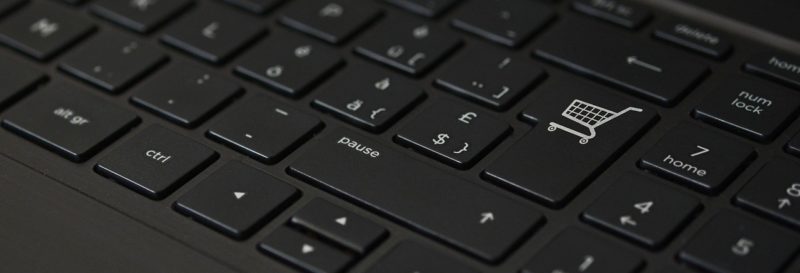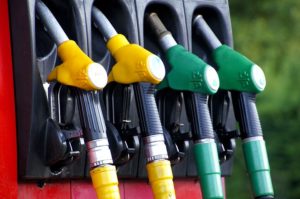The Bureau of Customs (BOC) has created a task force to oversee preparations for the implementation of its fuel marking program.
Created under Customs Special Order No. 49-2018, the Fuel Marking Task Force, chaired by the Enforcement Group and co-chaired by the Intelligence Group (IG), is tasked to formulate and prepare relevant administrative issuances for the approval of the customs commissioner and/or finance secretary.
The task force will also supervise the overall implementation of the fuel marking program to ensure that tasks are accomplished, and determine the personnel complement and other administrative and logistical requirements.
It will coordinate with the Department of Finance’s (DOF) Fuel Marking Technical Working Group, Department of Budget and Management-Procurement Service (DBM-PS), and other concerned agencies involved in the program, and prepare reports for the customs commissioner.
DBM-PS, which is undertaking the bidding for the fuel marking system provider, shortlisted last June 28 two bidders: SICPA SA of Switzerland and SGS Philippines, and Texas-based Authentix, Inc.
However, only the joint venture of SICPA and SGS Philippines submitted a proposal during the submission and opening of bids held last July 27, BOC said in a statement.
DBM-PS, in an announcement dated August 3, said opening of financial proposals is scheduled on August 17. The firm chosen will establish and operate a fuel marking system that will supply and inject fuel markers into all taxable fuel products except Jet A-1, Avgas, crude oil, and liquefied petroleum gas.
Marking of petroleum products, whether imported or manufactured in the Philippines, will become mandatory five years after the Tax Reform for Acceleration and Inclusion (TRAIN) Law took effect January of this year.
Curbing smuggling
The program is envisioned to curb smuggling of fuel and is seen to boost the revenue collection of BOC and Bureau of Internal Revenue by P20 billion to P40 billion. According to DOF, revenue loss from excise taxes and VAT due from smuggled or misdeclared fuel oil in 2016 was estimated at P26.87 billion.
“The fuel marking is required on all petroleum products that are refined, manufactured, or imported into the Philippines that are subject to the payment of duties and taxes such as but not limited to gasoline, denatured alcohol used for motive power, kerosene, and diesel fuel oil after the taxes and duties have been paid,” Customs Commissioner Isidro Lapeña said.
“We will implement the law to plug leakages caused by fuel fraud. A robust fuel-marking program will help return the stolen revenue to the government,” Lapeña added.
A total of 20,000 tests are aimed to be conducted per year by the program’s service provider based on BOC and BIR’s risk assessment and monthly operational plan. This is to check whether petroleum products available in the market have paid their corresponding duties and taxes.
If the petroleum products do not contain the official marker or which contain the official marker but diluted beyond the acceptable percentage, it shall be presumed the product was withdrawn with the intention to evade payment of taxes.
Section 265-A of the National Internal Revenue Code, as amended by TRAIN, has laid out the offenses and penalties relating to fuel marking. – Roumina Pablo






